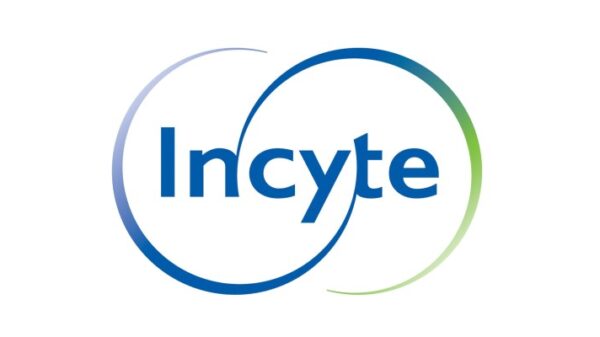URGENT UPDATE: The landscape of online scams is rapidly evolving in 2025, with new threats emerging that could impact your financial security. As technology advances, scammers are using increasingly sophisticated methods, including deepfake technology, to exploit unsuspecting victims. Here are the top five scams to watch out for right now.
1. Employment Scams: If you’ve received a text from a supposed recruiter offering a too-good-to-be-true job, proceed with caution. Many individuals reported receiving messages claiming to be from major companies like Tesla, offering lucrative work-from-home positions. These scams target job seekers in a challenging market and often require payment to proceed with an application or ask for sensitive personal information. If you suspect a scam, verify the job on the company’s official website before responding.
2. Toll Fee Scams: Another alarming trend involves fake texts claiming you owe a toll fee. The Federal Trade Commission (FTC) confirmed these messages are scams designed to steal your identity and money. If you receive such a message, do not click any links. Instead, contact your local tolling agency directly using a verified number and report the text as spam.
3. Jury Duty Scams: Beware of texts or emails claiming you missed jury duty and face arrest if you don’t pay a fine. Scammers often impersonate authorities, leveraging fear to manipulate victims. Remember, legitimate court summons will not require payment over the phone. If you receive such a message, ignore it and report it as spam.
4. Cryptocurrency Scams: Cryptocurrency remains a prime target for scammers, especially as its popularity soars. In 2023 alone, the Internet Crime Complaint Center (IC3) reported nearly 9,000 complaints from individuals aged 50-59, leading to losses exceeding $900 million. Scammers lurk on dating apps and social media, promising high returns with little risk. Always verify if a crypto business is registered with recognized authorities like the Commodities Futures Trading Commission (CFTC).
5. Tech Support Scams: This long-standing scam continues to flourish, costing older Americans an estimated $175 million in 2023. Scammers may contact you through calls, emails, or pop-up messages claiming your computer has a virus. They often request remote access, allowing them to install malware. Do not engage with these messages; instead, seek help from a trusted tech service if you are concerned.
As these scams become more prevalent, awareness and vigilance are crucial. Protect your personal information and finances by being skeptical of unsolicited messages and offers. Stay informed and share this information to help others avoid falling victim to these scams. Stay safe in the digital age!







































































